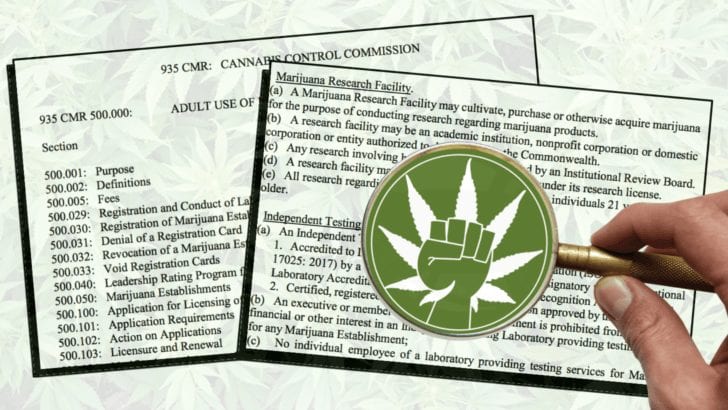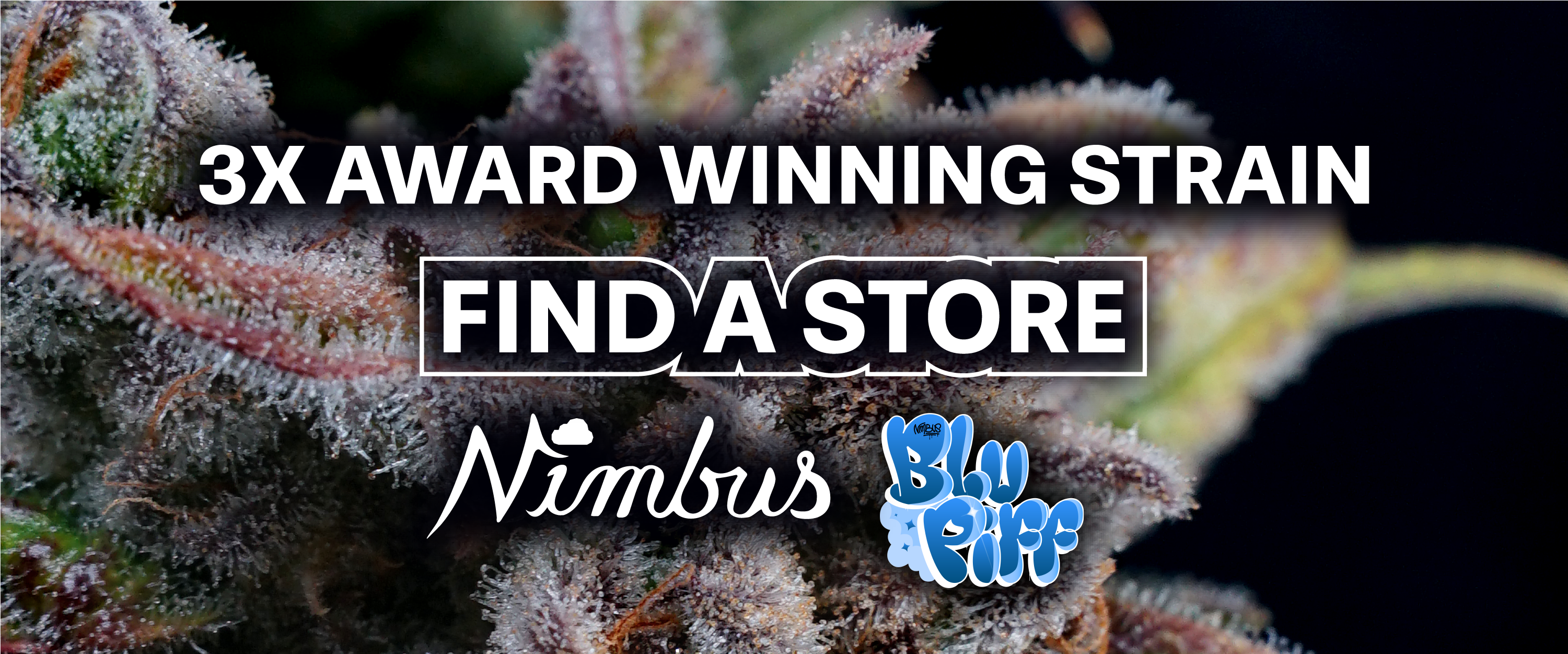
The clock is ticking for those harmed by the war on drugs to get a leg up on licenses
Face it. Unless you are already in the Mass cannabis industry, or have a concrete plan for entry, you’re probably not going to sift through the 73 pages of “Adult Use of Marijuana” regulations now published in the state register. Even if you do plan on digging in, we’re here to help—starting with the basics, like how you or someone you know can board the recreational train. Before getting into specifics, here’s the timetable for license and certification applications, via the Cannabis Control Commission (CCC):
- April 2: Begin certification application for Priority Applicants
- April 17: Begin accepting license applications from certified Priority Applicants
- May 1: Open applications for: Cultivation, Microbusiness, Craft Cooperatives, Independent Testing Labs, Lab Agents
- June 1: Open applications for: Retail, Product Manufacturers, Transport
What are the different kinds of licenses? Here goes:
- An Indoor or Outdoor Cultivator “may cultivate, process and package marijuana, to transport marijuana to Marijuana Establishments and to transfer marijuana to other Marijuana Establishments, but not to consumers.”
- A Craft Marijuana Cooperative “may be organized as a limited liability company, limited liability partnership, or a cooperative corporation under the laws of the Commonwealth.”
- A Microbusiness “that is a Marijuana Product Manufacturer may purchase no more than 2,000 pounds of marijuana per year from other Marijuana Establishments.”
- A Marijuana Product Manufacturer “may obtain, manufacture, process and package marijuana products, to transport marijuana products to Marijuana Establishments and to transfer marijuana products to other Marijuana Establishments, but not to consumers.”
- An Independent Testing Laboratory must be “certified, registered, or accredited by an organization approved by the [CCC].”
- A Retailer “may purchase and transport marijuana products from Marijuana Establishments and transport, sell or otherwise transfer marijuana products to Marijuana Establishments and to consumers.”
- A Transporter “may only transport marijuana products when such transportation is not already authorized under a Marijuana Establishment license.”
- A Research Facility “may cultivate, purchase or otherwise acquire marijuana for the purpose of conducting research regarding marijuana products.”
Now here comes the especially exciting part… There are equity provisions designed to boost the chances of “people from communities that have been disproportionately harmed by marijuana law enforcement.” In order to help better understand these opportunities, we reached out to Shaleen Title, a commissioner at the Massachusetts Cannabis Control Commission who fought hard for such measures.
“People are conflating two different programs that we have,” Title told DigBoston. “One section is prioritized for applicants that have demonstrated that they promote economic empowerment for communities disproportionately harmed by prohibition. That’s what opens [this week]. … The other is called an equity program. That is to reduce barriers to entry. … There may be some overlap. Once you get that [economic empowerment] certification and you get to apply with priority, then you will have the opportunity [to qualify for the social equity program].”
In order to become an Economic Empowerment Applicant, you must “demonstrate [at least] three of the following criteria”:
- Majority of ownership belongs to people who have lived in areas of disproportionate impact for 5 of the last 10 years.
- Majority of ownership has held one or more previous positions where the primary population served were disproportionately impacted, or where primary responsibilities included economic education, resource provision or empowerment to disproportionately impacted individuals or communities.
- At least 51% of current employees/sub-contractors reside in areas of disproportionate impact and will increase to 75% by first day of business
- At least 51% of employees or sub-contractors have drug-related CORI, but are otherwise legally employable in a cannabis-related enterprise
- A majority of the ownership is made up of individuals from Black, African American, Hispanic, or Latino descent
- Owners can demonstrate significant past experience in or business practices that promote economic empowerment in areas of disproportionate impact.
Title also said the CCC is in the process of hiring a community outreach director, whose job will include getting the word out to women, veterans, small farmers, and other groups the state is trying to attract to the industry. “I feel like it’s a really good program in place,” Title said, “but it will only work if the communities we are intending to serve are focused on.”
As for overall application advice, Jim Borghesani of the Marijuana Policy Project said he “can’t really think of any tips other than the obvious … If you’re applying as a priority applicant, make sure you meet the required criteria; get your public meeting under your belt as soon as possible; start working on your host community agreement as soon as possible.”
And you’d better hurry up. The window for priority certification closes in less than two weeks, and as of Tuesday morning, more than 250 people had opened accounts in the CCC licensing system, with more than 200 of them starting applications.
Subscribe to our free email newsletter at talkingjointsmemo.com and get all of your New England cannabis news in one place.

























